UN rights forum orders investigation into abuses in Ethiopia
The United Nations Human Rights Council has agreed to launch an international investigation into allegations of abuses by all sides in Ethiopia's Tigray conflict, amid warnings of looming generalized violence.
During an emergency meeting on Friday, the 47-member forum adopted a resolution, drafted by the European Union (EU), that calls for the establishment of "an international commission of human rights experts on Ethiopia" to probe alleged abuses, with 21 votes in favor and 15 against, and 11 abstentions.
The emergency meeting had been requested by the EU, and supported by more than 50 countries, to consider launching an international investigation into allegations of horrifying abuses in Tigray that include mass killings and sexual violence.
Deputy High Commissioner for Human Rights Nada al-Nashif said during the meeting that the conflict — which erupted between the government of Ethiopia's Prime Minister Abiy Ahmed and the Tigray People's Liberation Front (TPLF) rebels last year — could "escalate into generalized violence."
She added that the violence would have "major implications, not only for millions of people in Ethiopia, but also across the region."
On behalf of the EU, Slovenia's Ambassador to the UN in Geneva Anita Pipan said, "The gravity and scale of violations and atrocities committed against civilians by all sides, including sexual and gender-based violence and ethnic violence, is unacceptable."
Tigray has been the scene of conflict since November 2020, when Ethiopia's Prime Minister Abiy Ahmed sent troops there to topple the TPLF in response to attacks on army camps. The war in Tigray has killed thousands of people, displaced more than two million, and pushed hundreds of thousands into famine-like conditions due to a de facto humanitarian blockade on the northern region.
Last month, a joint probe by the UN rights office warned that possible war crimes and crimes against humanity had been committed by all sides during the conflict.
Since then, the UN's rights office, al-Nashif said, had continued "to receive credible reports of severe human rights violations and abuses by all parties."
Ethiopia decried the Friday session, saying that it had cooperated with the joint investigation and had launched its own probe. Ethiopia's ambassador, Zenebe Kebede, charged that the council was "being used as an instrument of political pressure," adding that multilateralism had been "hijacked by a neo-colonialist mentality."
In the debate, several countries stood against the requested investigation, with Cameroon's Ambassador Salomon Eheth insisting on behalf of African countries that the move would be "counterproductive and susceptible to exacerbating tensions."
But al-Nashif said "the onus is on the state to discharge its primary responsibility to deliver fair and independent proceedings that address the full range of violations identified."
"In the absence of significant accountability efforts, an international mechanism would be an important complement," she added.
‘No two-hour war’: Iran vows immediate retaliation to any attack
Pezeshkian: US must end provocations if it seeks genuine diplomacy
Iran summons German ambassador over Merz’s ‘low-minded’ remarks
Iran's Armed Forces warn EU of ‘consequences’ of IRGC designation
Iran FM: EU’s blacklisting of IRGC a ‘major strategic mistake’
EU blacklists IRGC in legally flawed move irrespective of consequences
VIDEO | Press TV's news headlines
VIDEO | Afghanistan opens first specialized cancer hospital


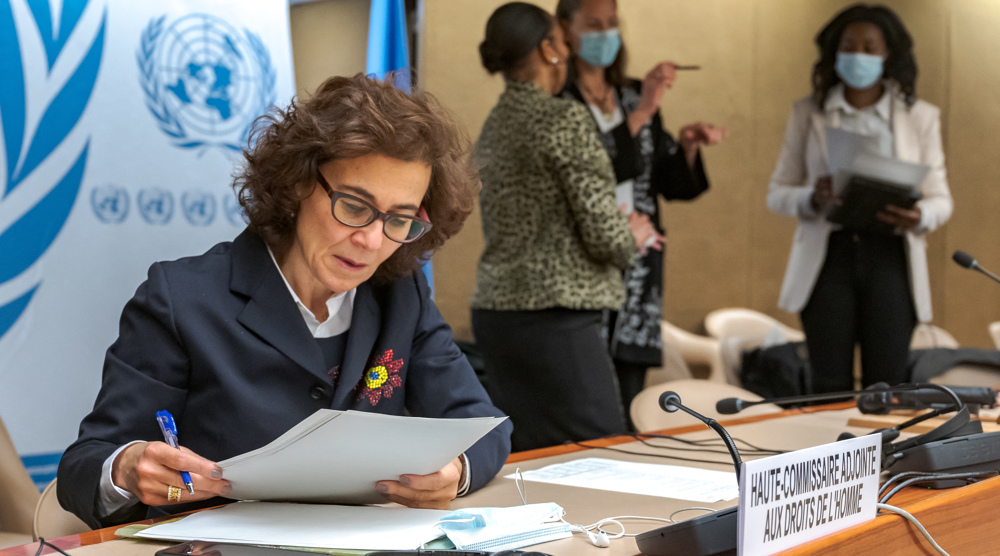
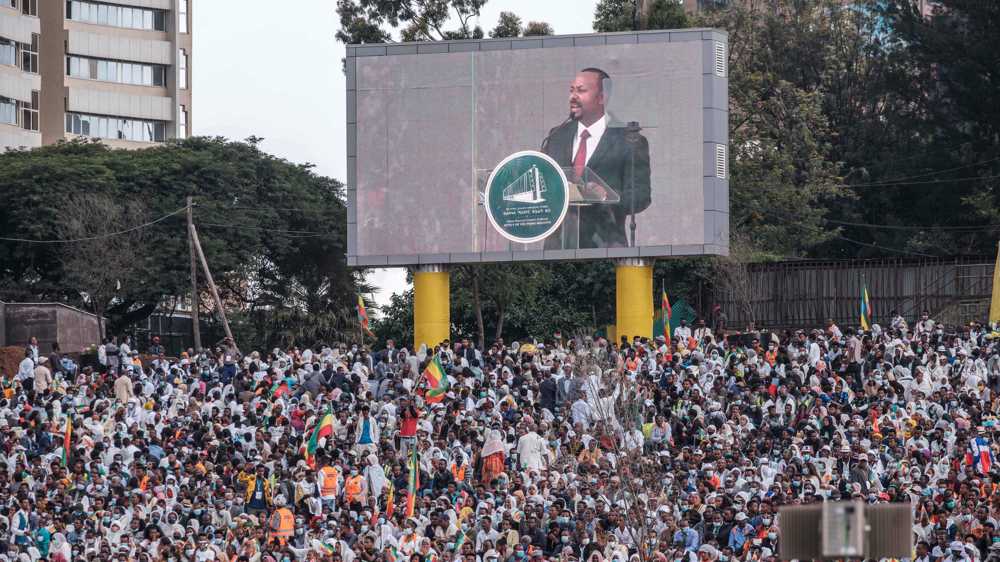

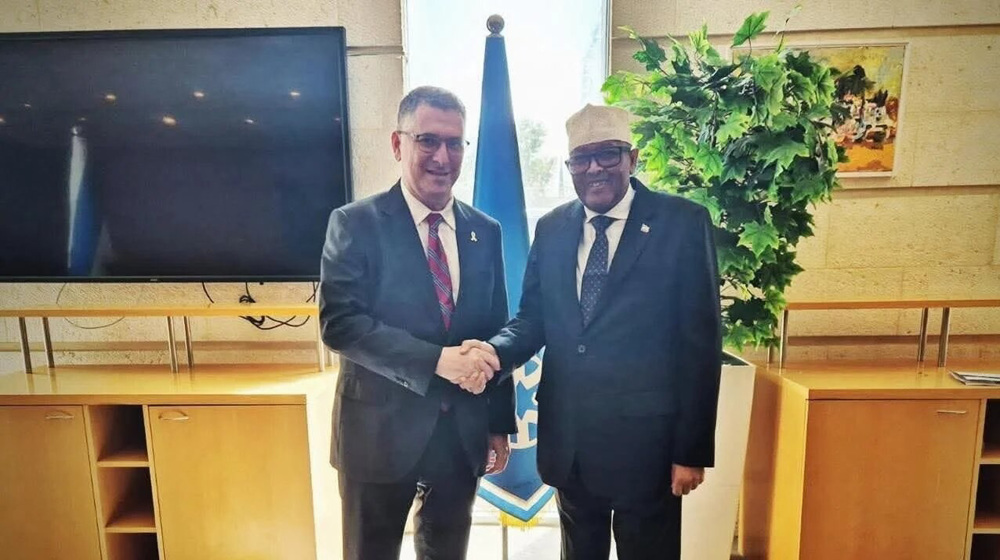
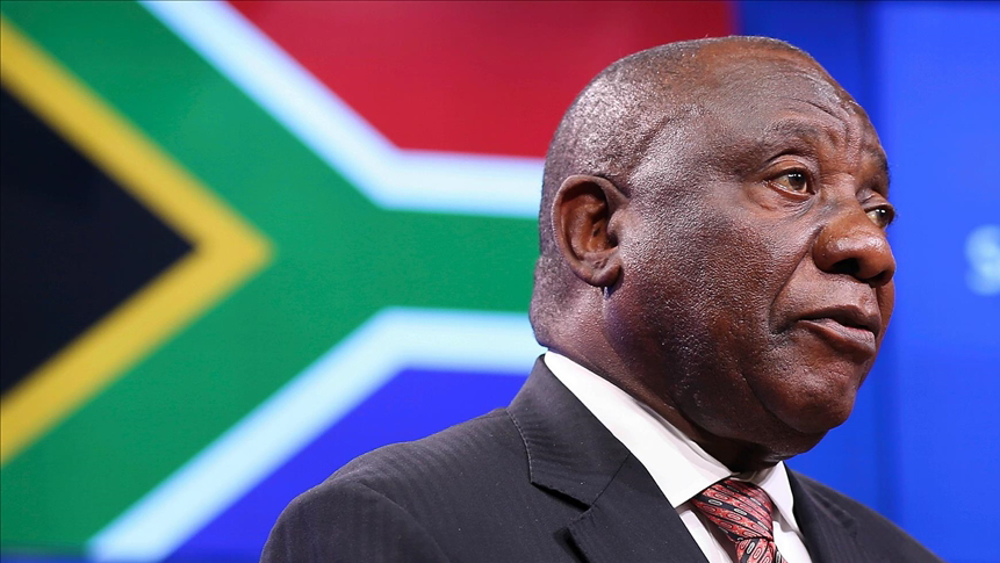



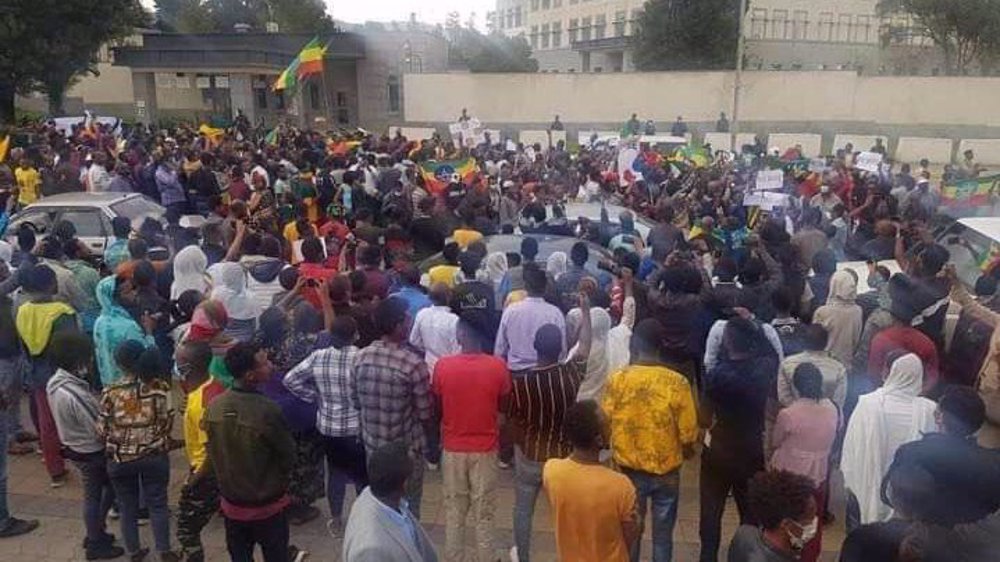
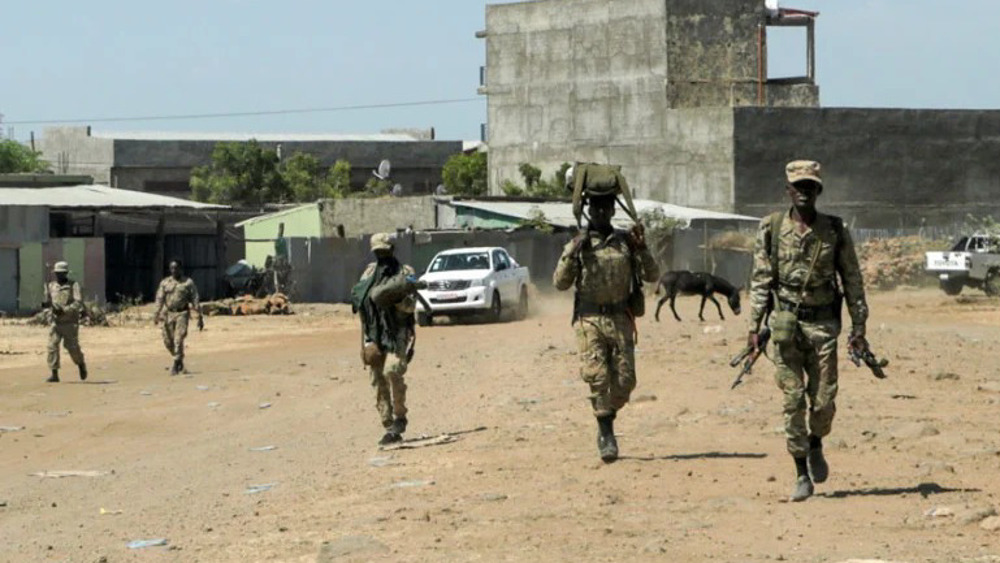
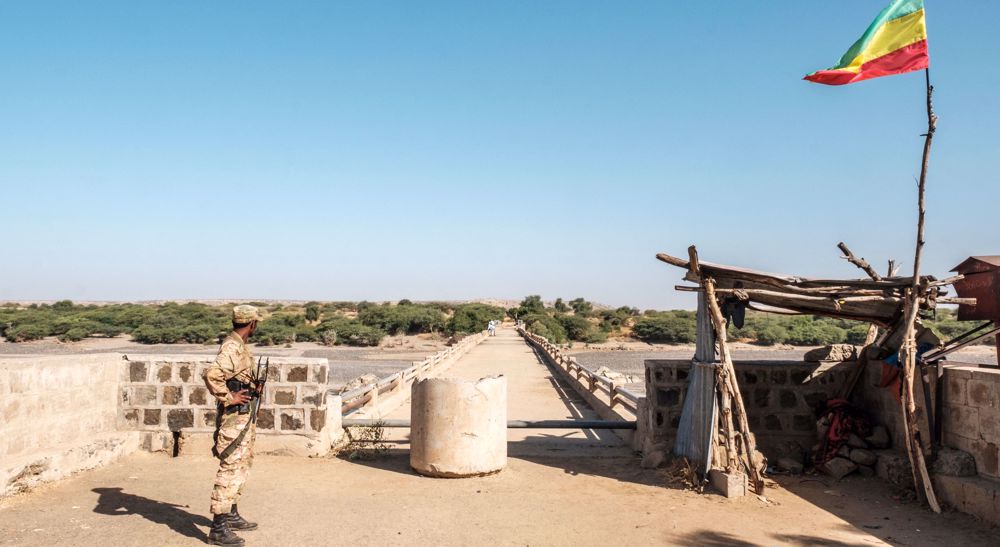

 This makes it easy to access the Press TV website
This makes it easy to access the Press TV website